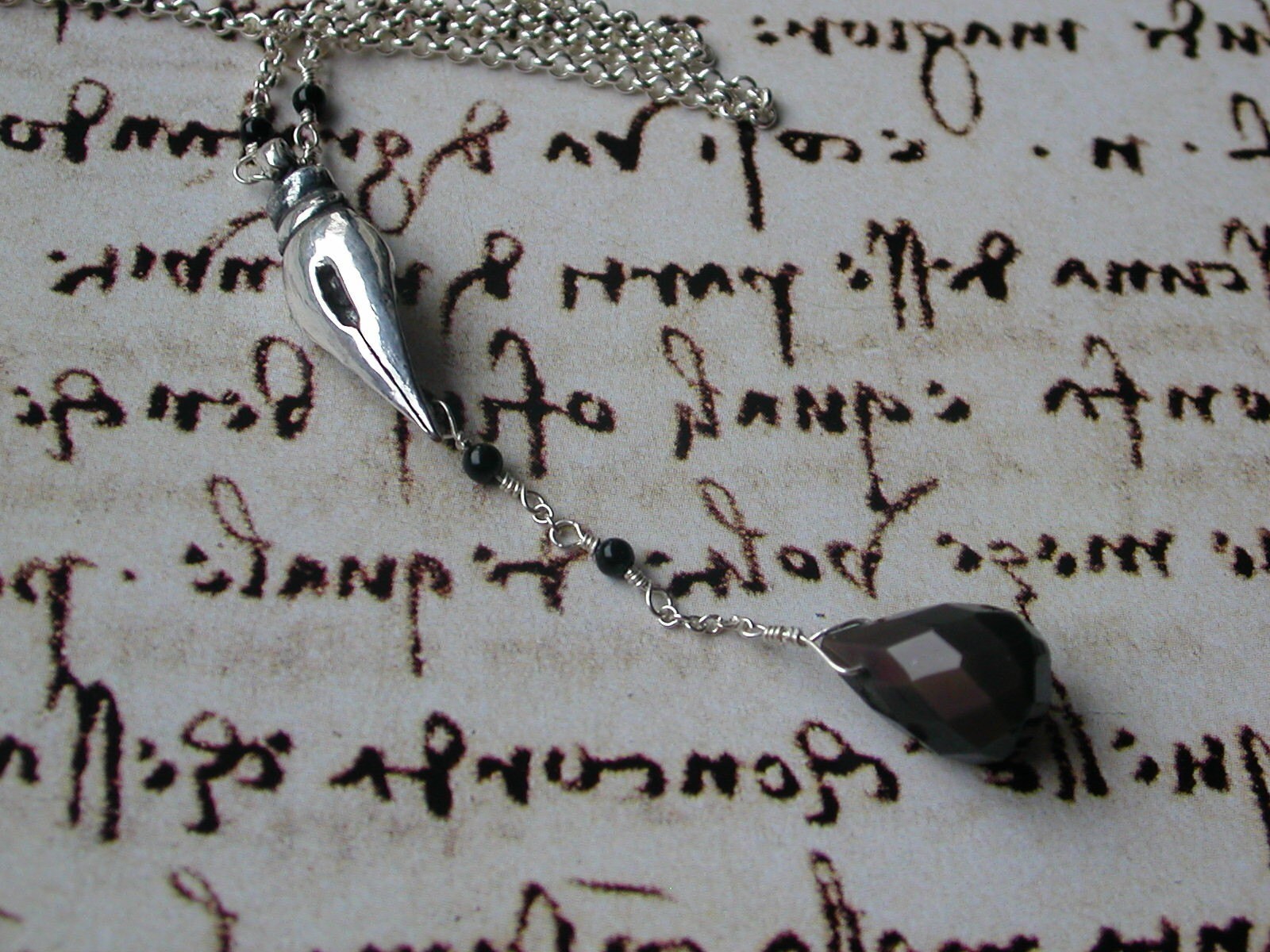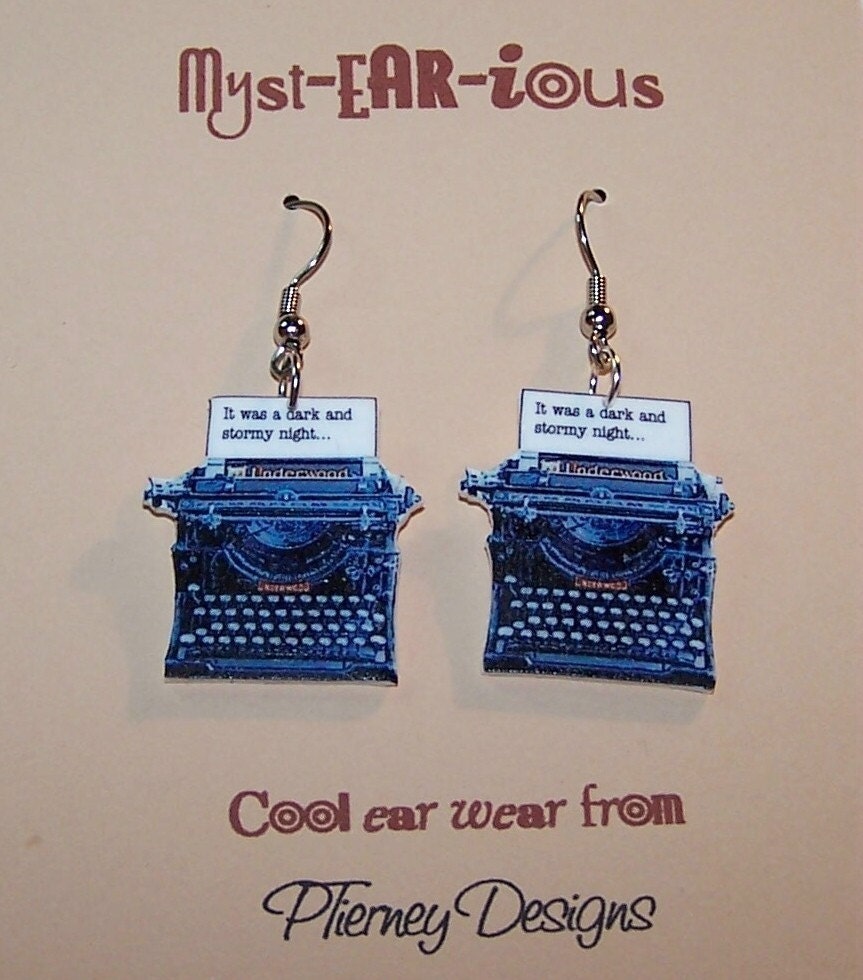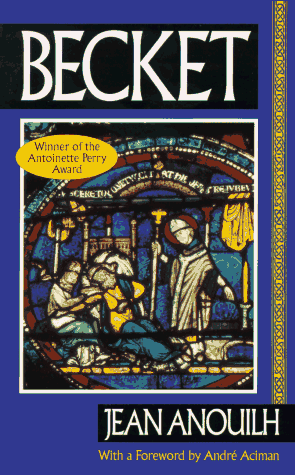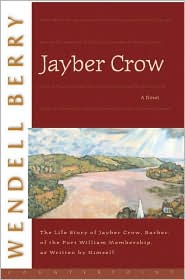
Book Purse from Etsy.

Fountain Pen Necklace from Etsy.

The Pooh Perplex: A Freshman Casebook by Fredrick C. Crews, parodies of various literary theories.

Dark and Stormy Night Earrings from Etsy.
Also, Crazy Writer Journal at CafePress.







Those who have seen the Tchaikovsky opera will remember it as a lugubrious story of star-crossed lovers, of anger, jealousy, and tragic death. And yet, although that is indeed the “plot line” of the novel, it is but one facet of the work. What makes Pushkin’s book so marvelously alluring is not its sad plot line (which is fine as far as it goes), but the way in which that line like a single line in a piece by Bach, weaves in and out of focus, yielding the floor to other lines of quite different character.
Above all, the novel’s counterpoint involves an intricate, unpredictable bouncing back and forth between the characters in the story and Pushkin’s own droll, sardonic observations about life, about himself, about poetry, about women’s legs, about friendship, about wine, about truncated lives, about nature, about each of the seasons, about foreign words used in Russian, about hypocrisy, and on and on. All of this is executed in graceful, sparkling, yet mostly colloquial language[…] (xi).


 Little Rabbit's Loose Tooth written by Lucy Bate, illustrated by Diane De Groat. What I loved the most were Little Rabbit's plans about what to do with her tooth instead of giving it to the tooth fairy.
Little Rabbit's Loose Tooth written by Lucy Bate, illustrated by Diane De Groat. What I loved the most were Little Rabbit's plans about what to do with her tooth instead of giving it to the tooth fairy. Grandfather Twilight by Barbara Helen Berger. Beautiful, beautiful illustrations.
Grandfather Twilight by Barbara Helen Berger. Beautiful, beautiful illustrations. Little Daylight written by George MacDonald, illustrated by Erick Ingraham. One of George MacDonald's loveliest fairytales, and Ingraham's illustrations made me want to be an artist as a kid.
Little Daylight written by George MacDonald, illustrated by Erick Ingraham. One of George MacDonald's loveliest fairytales, and Ingraham's illustrations made me want to be an artist as a kid. Whose Mouse are You? by Robert Kraus. Silly even for a children's book, but I adored it. Hurrah for mice who don't accept defeat.
Whose Mouse are You? by Robert Kraus. Silly even for a children's book, but I adored it. Hurrah for mice who don't accept defeat. Chicken Soup with Rice: A Book of Months by Maurice Sendak. Sendak is not an unknown in children's literature by any stretch of the imagination, but I don't hear a lot of talk about this book. I learned all my months through their relationship to chicken soup with rice. Chicken soup with noodles, to this day, seems like a bit of a disappointment.
Chicken Soup with Rice: A Book of Months by Maurice Sendak. Sendak is not an unknown in children's literature by any stretch of the imagination, but I don't hear a lot of talk about this book. I learned all my months through their relationship to chicken soup with rice. Chicken soup with noodles, to this day, seems like a bit of a disappointment.
[...]Henry, turning to Catherine, for the first time since her mother's entrance, asked her, with sudden alacrity, if Mr. and Mrs. Allen were now at Fullerton? And on developing, from amidst all her perplexity of words in reply, the meaning, which one short syllable would have given, immediately expressed his intention of paying his respects to them, and, with a rising colour, asked her if she would have the goodness to show him the way. "You may see the house from the window, sir," was information on Sarah's side, which produced only a bow of acknowledgement from the gentleman, and a silencing nod from her mother; Mrs. Morland, thinking it probable, as a secondary consideration in his wish of waiting on their on their worthy neighbors, that he might have some explanation to give on his father's account he had to give; but his pleasant for him to communicate only to Catherine, would not on any account prevent her accompanying him.
[...]Mrs. Morland, thinking it probable, as a secondary consideration in his wish of waiting on their on their worthy neighbors, that he might have some explanation to give of his father's behaviour, which it must be more pleasant for him to communicate only to Catherine, would not on any account prevent her accompanying him.





